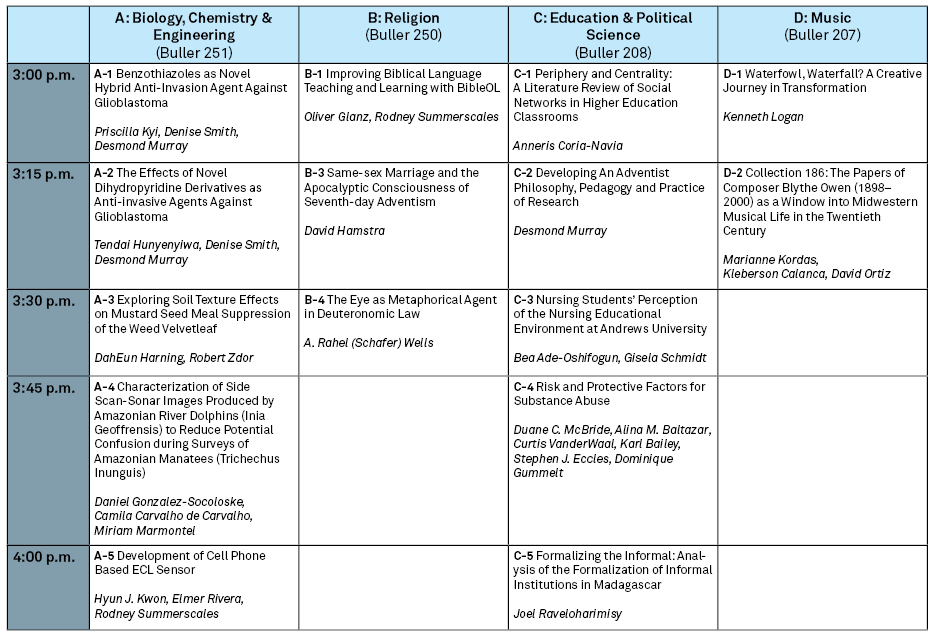C-1 Periphery and Centrality: A Literature Review of Social Networks in Higher Education Classrooms
Presenter Status
Associate Professor of Curriculum and Instruction/Teaching, Learning and Curriculum Department
Preferred Session
Oral Session
Start Date
26-10-2018 3:00 PM
End Date
26-10-2018 3:15 PM
Presentation Abstract
The study of social relationships and interactions in educational settings in general and in classrooms in particular remains of interest in social sciences and education. Nevertheless, the research in this area is underdeveloped and the results underutilized. Social network analysis (SNA) provides the tools for answering questions concerning relationships and the effect that those relationships have in the experience of students. Educators can use this information to facilitate the formation of strong and effective networks for optimizing the learning experience. Students can use the knowledge gained from the study of networks to be intentional about creating relationships that will positively influence their educational experience. This presentation will focus on a review of the literature available on social networks in the higher education classroom and its implications on the learning experiences of college and university students.
C-1 Periphery and Centrality: A Literature Review of Social Networks in Higher Education Classrooms
The study of social relationships and interactions in educational settings in general and in classrooms in particular remains of interest in social sciences and education. Nevertheless, the research in this area is underdeveloped and the results underutilized. Social network analysis (SNA) provides the tools for answering questions concerning relationships and the effect that those relationships have in the experience of students. Educators can use this information to facilitate the formation of strong and effective networks for optimizing the learning experience. Students can use the knowledge gained from the study of networks to be intentional about creating relationships that will positively influence their educational experience. This presentation will focus on a review of the literature available on social networks in the higher education classroom and its implications on the learning experiences of college and university students.



